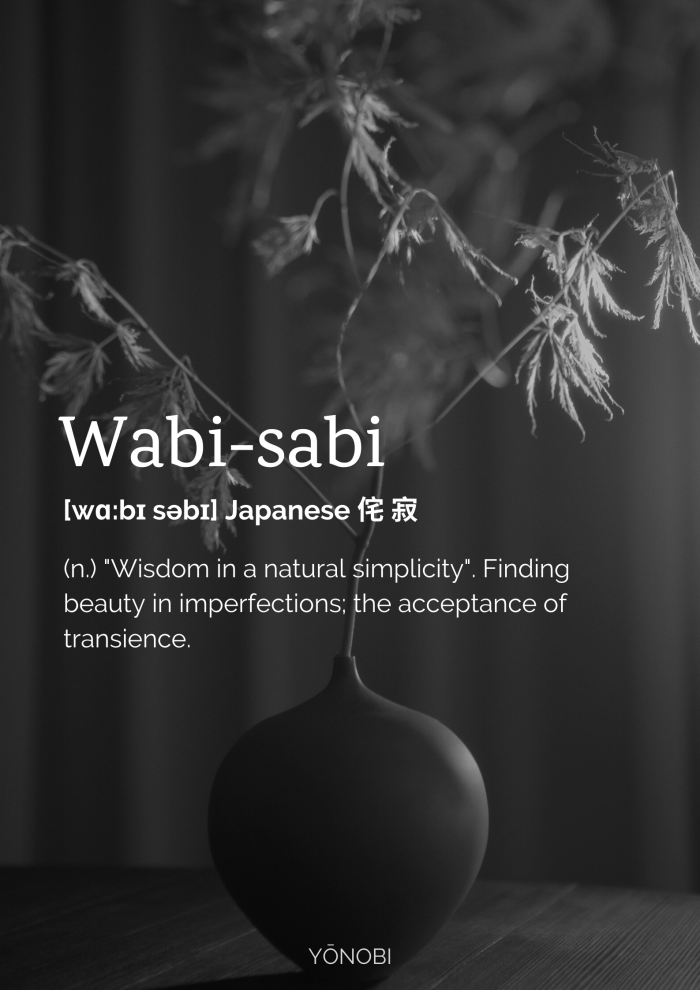In light of the current pandemic there has been great focus on mindfulness practises and staying positive throughout the times of uncertainty and unpredictability. But not only during the pandemic our mindset would benefit from a change of perspective, providing us with a joyful and peaceful mind at all times.
One way to do so is by taking a closer look at an ancient Japanese philosophy. Wabi-Sabi originated of Buddhist traditions. In its essence the concept encourages its followers to appreciate the imperfect, which might be an important spark we could use in our everyday life to find ourselves at ease.
Being the best of the best
Our western societies have evolved to highly competitive civilizations, always striving for economic growth and result-oriented performance. The disruptions caused by Covid-19 has not only had a huge impact on many businesses, but has also affected their managers and leaders enormously.
In the aftermath of the outbreak there have been strong opinions about not returning back to “normal”, but using those disruptions to rebuild our societal systems and rethink our individual behaviors.
Why we lost our focus on our local stores and craftsmen
Those same voices have also stated the increased need of local suppliers. Nevertheless, we have to ask ourselves why we have lost this focus in the first place.
There are many reasons why huge cooperatives have replaced local stores with megamarkets and discounters. One explanation might be our expectation as a buyer, when entering the grocery store or the furniture shop.
Whenever we spend money on a good, we expect it to be polished and shining with no shortcomings at any corner. Whether it is the apple with a small mark or the vase with the imperfect handle, we have chosen the good is not worth the same money as the apple or vase next to it.
Lasting change starts not with demanding more local stores to open up in your community, but by changing your mindset on how your aesthetics define the value of your bought goods.
How Wabi-Sabi will help us in the right direction
If we can see the beauty in small imperfections, we would give local craftsmen and farmers a true chance to come to shine. At the same time, If we are not able to change our perception of aesthetics, we will always have to rely on industrial services. The philosophy also applies to the idea reselling used clothes, electronics or interior.
To get a better sense of how Wabi-Sabi comes to life, it helps to take a closer look at the words itself:
A Wabi object is unique due to its natural outcome. This could either be rough texture of the material or an uneven colouring on the surface.
The word Sabi refers to the life and the wear of an object, meaning that signs of usage such as worn edges and small cracks represent the history of an object.
Open up your eyes for Wabi-Sabi in your daily life
Keeping this philosophy in mind you can easily apply this idea to great parts of your daily life.
When choosing your vegetables at the store, think of the small bumps and wrinkles as a sign of Wabi-Sabi. Think of how sunlight and weather has shaped your daily groceries to become the nutrient for your body.
It’s a simple thing and it might not solve global challenges, but maybe you will find yourself at ease and maybe you will even find joy in creating the imperfect yourself. If you want to get a better understanding of the japanese nature, I recommend this article.











Read 0 comments and reply